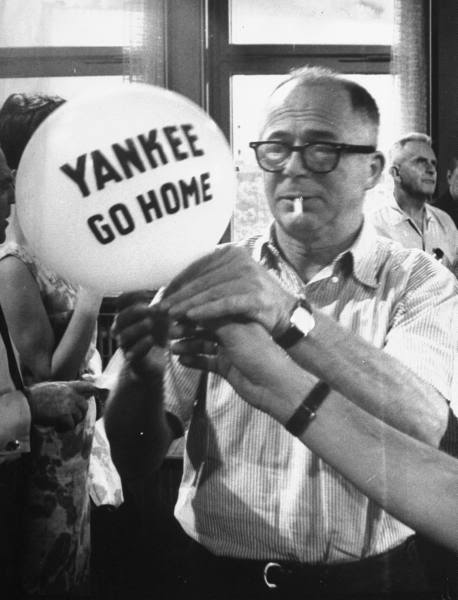Today in Movie Culture: Retro 'Spider-Man: Homecoming' Trailer, 'Fantastic Beasts' Holiday Special and More
Here are a bunch of little bites to satisfy your hunger for movie culture:
Trailer Remake of the Day:
Here’s your obligatory redo of the Spider-Man: Homecoming trailer by Darth Blender using footage from old TV shows and movies:
[embedded content]
Holiday Special of the Day:
Learn about Hanukah with characters from Fantastic Beasts and Where to Find Them in this animated short by Leigh Lahav and Oren Mendez:
[embedded content]
Scene Remake of the Day:
Watch a couple of musical fans in Austin recreate the “A Lovely Night” song and dance number from La La Land (via /Film):
[embedded content]
Alternate Ending of the Day:
With Rogue One out this week, How It Should Have Ended made up a new alternate ending for the first Star Wars:
[embedded content]
Video Essay of the Day:
For Fandor Keyframe, Dominick Nero looks at the sense of humor of the Star Wars franchise:
[embedded content]
Movie Science of the Day:
Why is Chewbacca’s Bowcaster from the Star Wars movies more powerful than blasters? Kyle Hill explains the physics:
[embedded content]
Vintage Image of the Day:
Billy Wilder with a prop from his movie One Two Three, which opened in theaters on this day in 1961:
Fake Commercial of the Day:
If good guy Terminators existed, they’d be the hot gift item this holiday season. CineFix imagines the created the commercial for the man-size toy:
[embedded content]
Movie Comparison of the Day:
Are all Steven Spielberg productions alike? Couch Tomato shows 24 reasons why Gremlins and Transformers are the same:
[embedded content]
Classic Trailer of the Day:
Today is the 40th anniversary of the theatrical release of The Pink Panther Strikes Again. Watch the original trailer for the sequel below.
[embedded content]
and




